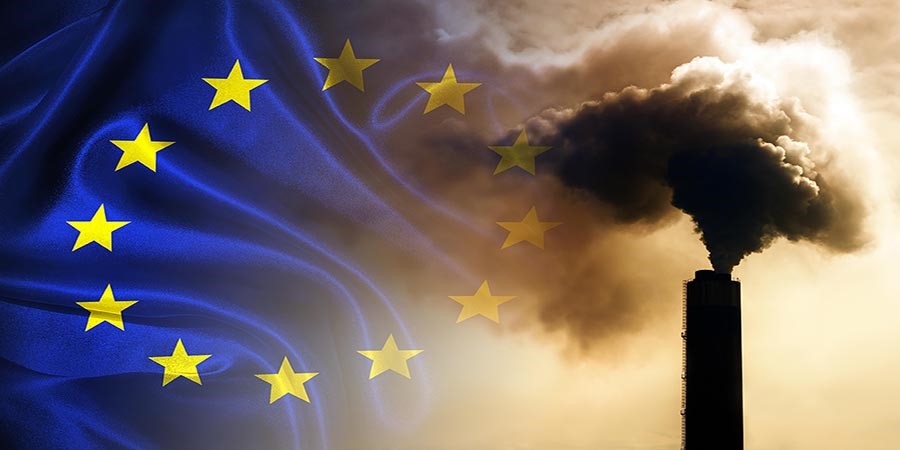

On 22nd June 2006, European Aluminium, the industry association representing the aluminium value chain in Europe has been down-casted by the outcome of the European Parliament’s plenary vote on the Carbon Border Adjustment Mechanism (CBAM). MEPs opted to incorporate indirect emissions in their proposal, ensuring an increase in global carbon emissions from aluminium production. The vote comes without any enterprising procedure to calculate indirect carbon costs on imports, and without the realisation that the European electricity grid must be much closer to decarbonisation before Europe can draw any benefit from a CBAM on indirect emissions.

During the upcoming interinstitutional negotiations with the EU Member States, European Aluminium urges for a more cautious approach to phasing in indirect emissions and points out that this will play a vital role in reversing the acceleration of the carbon leakage path toward the future.
Europe has already lost 50% of its primary aluminium production (1.1 million tonnes) since October 2021, due to skyrocketing electricity costs, which usually make up 40% of the costs of the energy-intensive primary aluminium production process. European production losses were directly replaced by increased production in countries, notably China, and new capacity is being installed in countries like India and Malaysia. However, as the average carbon footprint of primary aluminium production in these countries is up to three times higher than in Europe, the production shift increased net global emissions by 10.3 million tonnes of CO2 this year, which is equivalent to the annual emissions of 2 million cars. European Aluminium warns that this is just the beginning of a rise in global emissions.
Paul Voss, the Director-General of European Aluminium said, “Our industry is accelerating the green energy transition by working with clean technology producers to develop new solutions based on sustainable aluminium produced in Europe. We have evidence, however, that including indirect emissions in the CBAM now will hinder these decarbonisation efforts because it will solidify the current high energy prices in our sector and spur carbon leakage. Losing European aluminium production because the CBAM design goes against its actual intentions isn’t only bad news for our bloc’s strategic autonomy but also hampers the EU’s efforts to stop global warming,”
In a recent study conducted by a business intelligence company on behalf of European Aluminium, assessing the European Carbon Border Adjustment Mechanism Regulation, it was found that if indirect emissions were not included in the CBAM before decarbonising the electricity network and removing existing carbon leakage measures, European primary aluminium smelters would be less competitive against international companies.
As a result, carbon-intensive aluminium producers in third countries will pay less indirect carbon costs than European producers who use green electricity due to the unique design of the EU's electricity market. By replacing an even greater share of European production with carbon-intensive imports, the primary aluminium imports for semi-fabrication could increase by up to 43 per cent and result in a total value-add loss of up to 77 per cent.
“While we welcome the Parliament’s proposed review mechanisms to test the impact of the phase-out of free allocation on the industry, the CBAM as it stands today will, unfortunately, even tragically, do more harm than good. The fact that the text as formulated by the Parliament is causing so much distress amongst precisely the European manufacturers it is designed to protect should give legislators pause for serious reflection. We trust that the trilogues will result in a more gradual phase-in of indirect emissions at a later stage so that our producers can compete on a more level playing field while the European electricity grid decarbonises. Including indirect emissions, before the CBAM is properly tested would slow down our progress towards carbon neutrality by 2050. We can’t remain sustainability champions if aluminium production leaves Europe and investments dry up because we can’t compete with more carbon-intensive producers,” concludes Voss.
Responses








